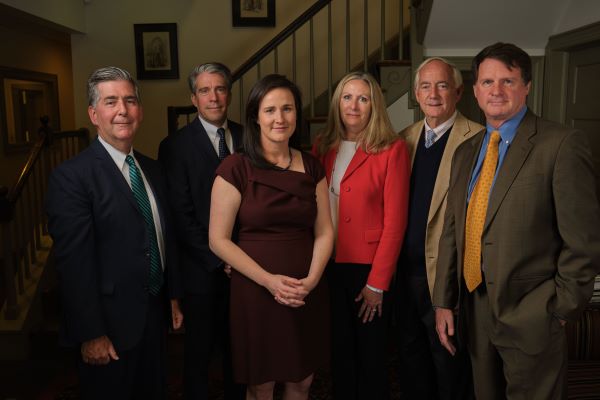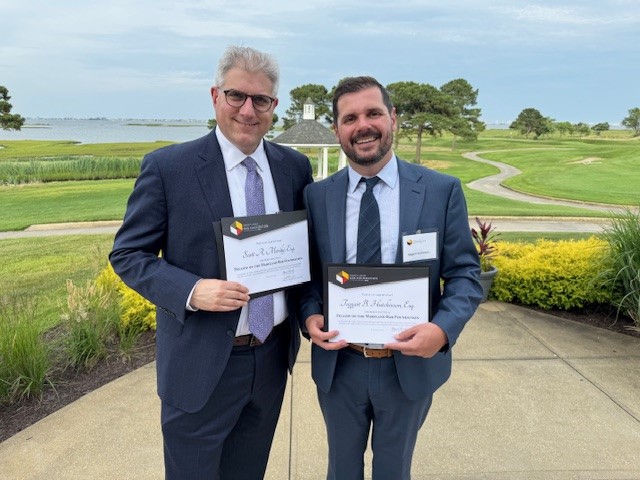Traditionally, wealth is passed down to younger generations – parents giving assets to their children and grandchildren. However, an interesting (and increasingly popular) estate planning strategy known as “upstream gifting” reverses this generational flow of wealth. Instead of leaving assets to your children and younger generations, you gift the assets to your parents, grandparents, or other members of an older generation with the goal of reducing taxes for your ultimate beneficiaries. Intrigued? Here’s how it works:
Understanding Upstream Gifting
- Gift Appreciated Assets to Older Generation: You gift assets with significant appreciation (like stocks, real estate, etc.) to an older family member, typically a parent or grandparent.
- Potential for Stepped-Up Tax Basis: When your older relative passes away, those assets will likely receive a “stepped-up” tax basis. This means their cost basis adjusts to their fair market value at the time of death, potentially eliminating a huge chunk of built-in capital gains tax.
- Passing Assets Back Down to a Younger Generation: Your older relative, through their Living Trust or Last Will & Testament, can leave these assets to your intended beneficiaries (often your children). With the stepped-up tax basis, your children can then sell the assets inherited from the older generation with little to no capital gains tax.
Pros of Upstream Gifting
- Significant Tax Savings: The primary appeal of upstream gifting is the potential for substantial capital gains tax savings when assets are sold after they are inherited.
- Using Older Generation Tax Exemptions: This strategy can utilize the older generation’s lifetime gift and estate tax exemptions, which may otherwise pass unused.
Cons of Upstream Gifting
- Risk of Premature Death: Gifting loses its key tax benefit if the older generation member passes away within one year of receiving the gift. Keep Internal Revenue Code Section 1014(e) on your radar to purposely plan to prevent the gifted property from moving back into your hands within one year of the gift at your parent’s deaths. For example, if you gift the property to your mother and then receive the property back within one year, section 1014(e) denies the “stepped-up” tax basis. Ideal tax planning is generally always better sooner than later.
- Loss of Control: Once gifted, you relinquish ownership and control of the assets. You must trust the older relative to manage the assets responsibly and follow through with your intended plan.
Example: Saving Capital Gains Taxes
Imagine you purchased stock for $10,000 ten years ago. Today, the stock is valued at $50,000. If you sell the stock now, you will owe capital gains tax on the $40,000 gain ($50,000 value – $10,000 cost basis).
However, if you upstream gift the stock to your parent, and they hold it until their passing, the tax basis becomes $50,000 (the market value at the time of your parent’s death). This eliminates the capital gains tax burden for you or your children when they inherit the stock and ultimately choose to sell it.
Is Upstream Gifting Right for You?
Upstream gifting is a complex strategy with potential benefits and risks. Factors to consider include:
- Asset Appreciation: Upstream gifting delivers the greatest tax benefit with highly appreciated assets.
- Age and Health of Older Relative: This strategy relies on the older relative having a life expectancy of more than a year.
- Family Dynamics: Upstream gifting requires open communication and trust within the family.
How MM&C Estate Planning Attorneys Can Help
Upstream gifting should never be undertaken without consulting an experienced estate planning attorney. An attorney will analyze your unique situation, assess the potential tax implications, and ensure the strategy is carried out in accordance with legal requirements.
The attorneys in Miller, Miller & Canby’s Estates & Trusts practice provide extensive estate and legacy planning, asset protection planning, retirement planning, and business planning services to individuals and businesses. To learn more about Miller, Miller & Canby’s Estates & Trusts practice click here.







Share this Article: